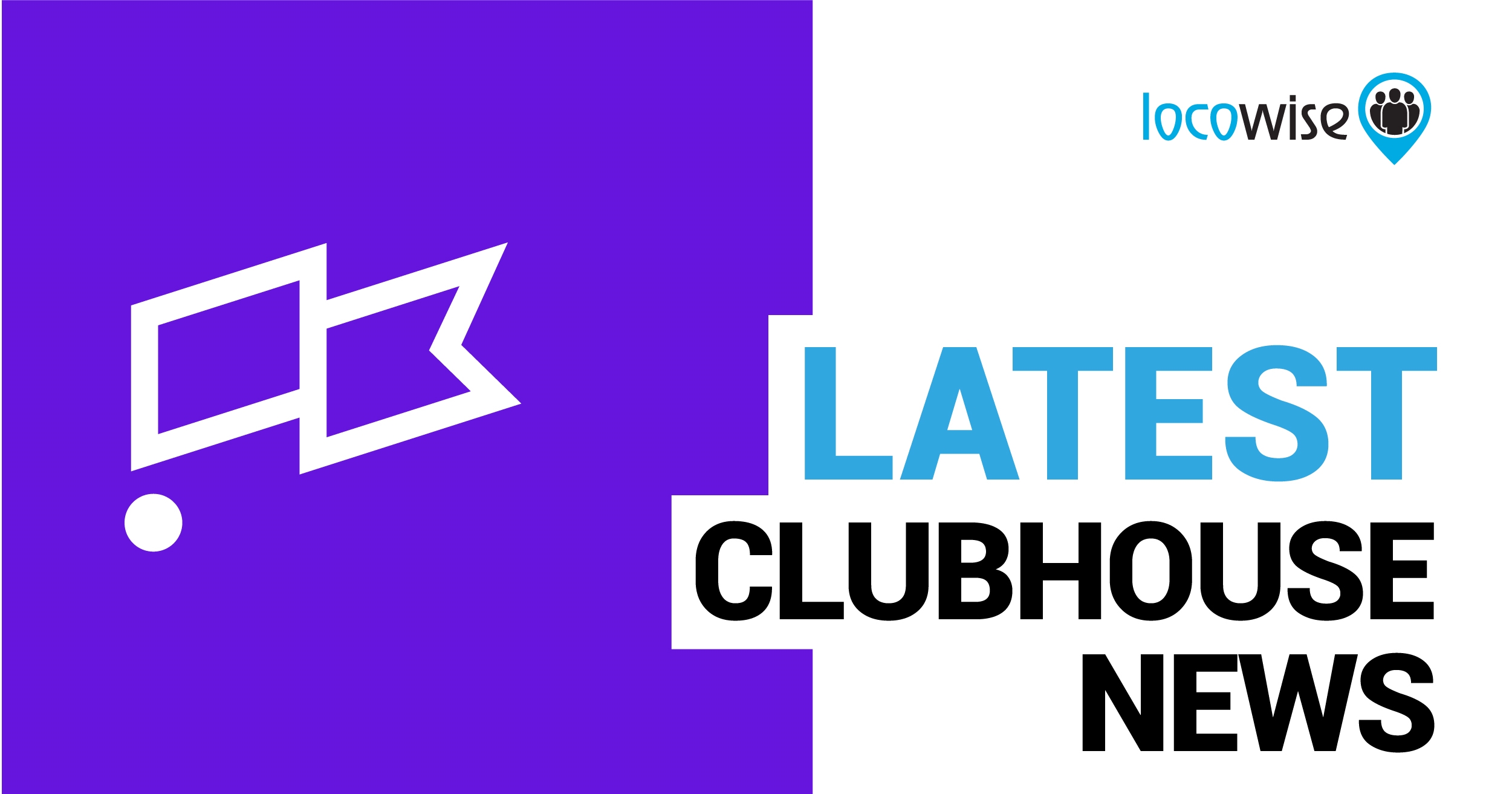Clubhouse: The Tipping Point for Brands?
Clubhouse is growing. And it’s coming to Android soon. But will it make a difference for brands that want to grow their audience? We take a look at the phenomenon.

Clubhouse is rumoured to be coming to Android in May. This is big news. The audio-only online community app has so far pulled in close to 13 million downloads on the Apple App Store. A big chunk of that audience is in the USA, but the app is quickly rising in popularity.
When it comes to Android devices, it is pretty safe to say we should expect another explosion in user numbers. And with that explosion, it could well be the moment for brands to sit up and start to take notice. Clubhouse does hold some potential for marketers that wish to add value, but the problem is that the ‘how’ is currently more challenging than the ‘why’. We all know the reasons for Clubhouse, but we are still learning where brands should be in the space. With social media giants like Twitter and Facebook joining the game, perhaps right now is the time to assess Clubhouse, and whether it’s worth it to brands?
Some ways to use Clubhouse for brands
The brand sponsorship thing
Brands are paying money, in some shape or form, on Clubhouse. For example, recently, there have been a few examples of brands sponsoring Rooms on the app. This allows them to have Influencers hosting Rooms for example.
There doesn’t currently seem to be any evidence of brands paying Influencers directly to host, but brands would have to be pretty ignorant to miss that trick.
Lead generation
We can see this happening quite soon. Lead generation through videos and email capture forms is as old as the hills, and this is something that could very easily be integrated into Clubhouse.
Special Rooms could be set up and accessed via email for example. Or you may have to take a certain action to gain entry. At the very least, this means that brands can make use of the app for lead generation over time.
Thought leadership
This is currently the most obvious way for brands to make an impact on Clubhouse. If the owner or executives in a brand have some weight in their industry, they can easily set up a Room and develop a thought leadership platform.
All of the above instantly become bigger and better opportunities once Clubhouse goes to Android and there is that explosion of downloads.
Some of the caveats involved in the situation
Clubhouse has huge potential, and even if a brand just focused on thought leadership there is plenty here to bring in some ROI. But there are a couple of challenges that need to be addressed before a brand jumps in and goes all out on Clubhouse.
First of all, the level of control on Clubhouse for a brand is very different to what you might enjoy on Facebook, for example. Once someone is in Clubhouse (and don’t forget it is invite only and tricky to enter in the first place) they can say whatever they want. If you get a disgruntled employee or customer and they are on the platform, they can inflict huge reputation damage within seconds.
It’s audio only too. Currently, unless you are actually in the room, there is no way of capturing what is said. And if someone else records it and your brand doesn’t, and it has reputational problems attached, your brand could be in serious trouble.
Once the Room is finished, the Room is finished. So it doesn’t come up on Google search results. However, the contents of a conversation can be blogged about, or Tweeted, and so on. So there is some risk involved in Clubhouse.
Is it worth it?
Clubhouse is running an Accelerator project, where it will guarantee $ 5000 per month to creators who develop influence on Clubhouse. This means it is heavily invested in building the platform. That’s comforting. But at the same time, there are two factors that make Clubhouse a slightly unknown quantity.
First, there is that sense that the audio-only aspect means that ‘things could be said’ that could cause problems later on down the line. There has been no serious fallout yet for brands, but Clubhouse is a ‘town hall’, and if someone is unhappy and has access, who knows what could happen. Clubhouse has started down the road of allowing brands to track conversation with unique URLs being provided etc, but there is still some way to go. And the fact that conversations are not recorded is still some way towards making things a little safer as regards any reputational damage.
The bigger factor for brands is the increasing competition. Sure, Clubhouse is pushing for growth with things like the Accelerator, but Facebook and LinkedIn, as well as Twitter, already have similar platforms either ready to go or on the way. And they have more money and a bigger pool of users.
We say experiment. If you get invited, use the invite as an opportunity to start down the road for thought leadership, and see where it takes you. At the same time, keep an eye on the offerings from LinkedIn, Twitter and Facebook.
They may be a safer bet for brands. But who knows?
Digital & Social Articles on Business 2 Community
(19)


